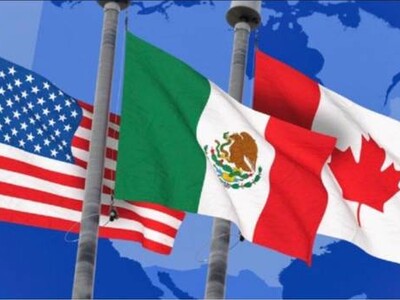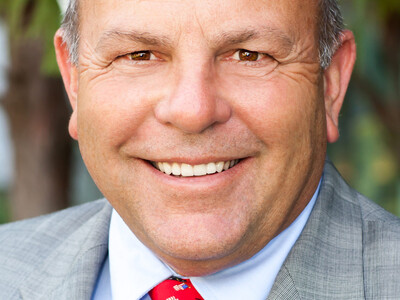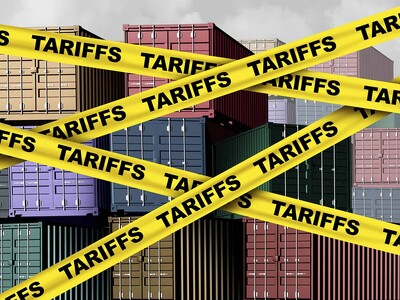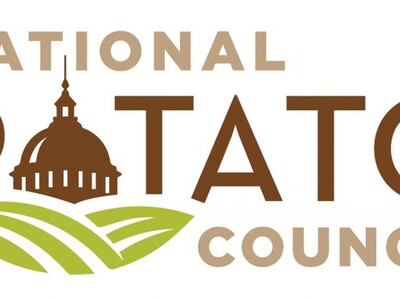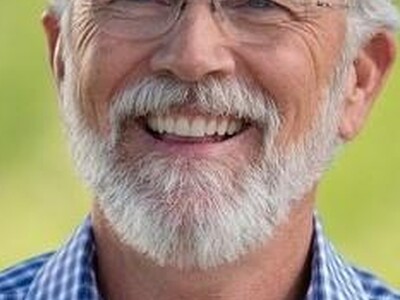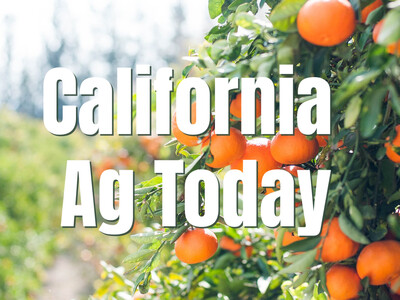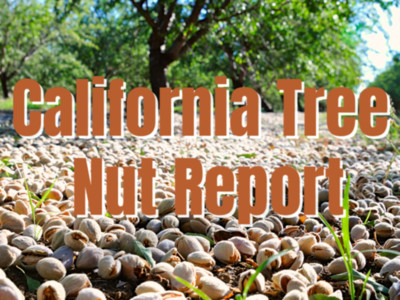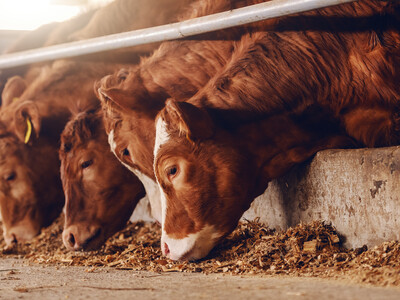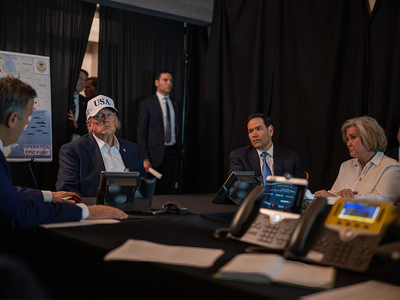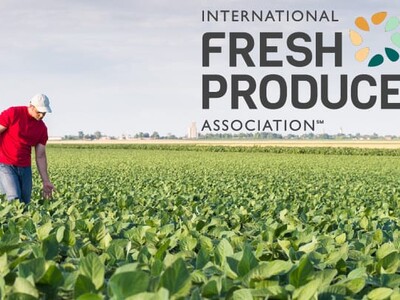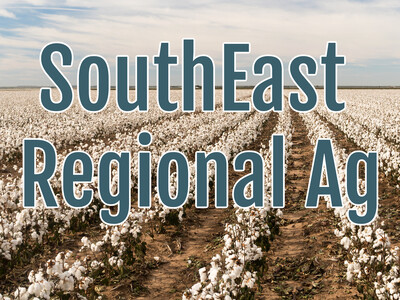COOL Rule Reactions
COOL Rule Reactions
I’m Lacy Gray with Washington Ag Today.
The final Country of Origin Labeling rules issued by the USDA were supposed to appease the Canadians and bring the U.S. into compliance with WTO rules, but officials north of the border say it has made the situation worse. President of the National Cattlemen’s Beef Association, Scott George issued a statement that also expressed disappointment with the rule saying it will not bring the U.S. into compliance with WTO, and that he fears it will lead to “increased discrimination against imported products and in turn retaliatory tariffs or other authorized trade sanctions.” Washington cattleman Jack Field says that depending on which segment of the cattle industry you speak with you may get a different response to the level of support of the final decision.
FIELD: One of the big issues as you look to the international community and with two of our biggest trading partners, Canada and Mexico, the challenge they had raised initially on Country of Origin Labeling had to with how the USDA was intending upon determining origin. I think the vast majority of producers would assume that the origin is where an animal is born, whether it’s in Washington state, or Oregon, or Alberta, or Mexico, but by the WTO’s interpretation the origin had been determined at the point of major transformation. So when we talk about beef production and processing the point of major transformation isn’t where the animal is born, our trading partners were trying to say that it’s at the point of processing, and would like to see a label that says if cattle are processed in the United States they’re a product of the United States, not that it be born out of the country, whether that’s Canada or Mexico, labeled as such, but processed in the United States.
Tomorrow Field will talk about his hopes for the industry regarding the new COOL rules and the challenges that will likely ensue.
I’m Lacy Gray and that’s Washington Ag Today on the Ag Information Network.




